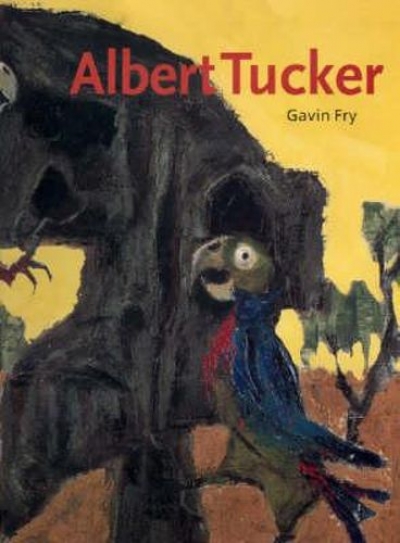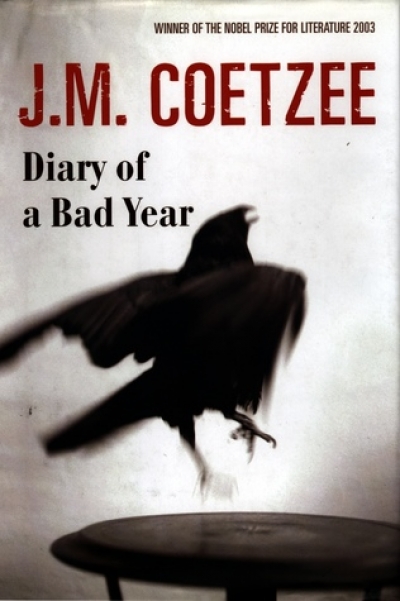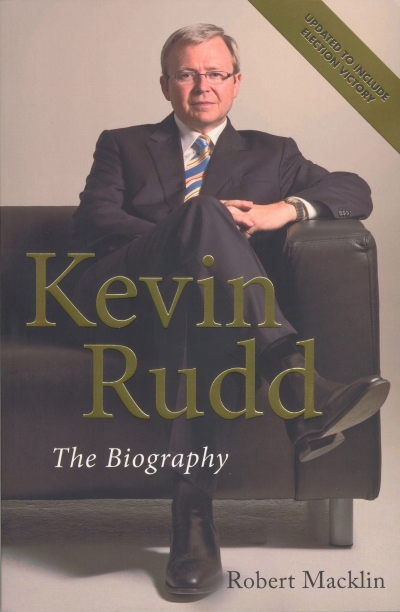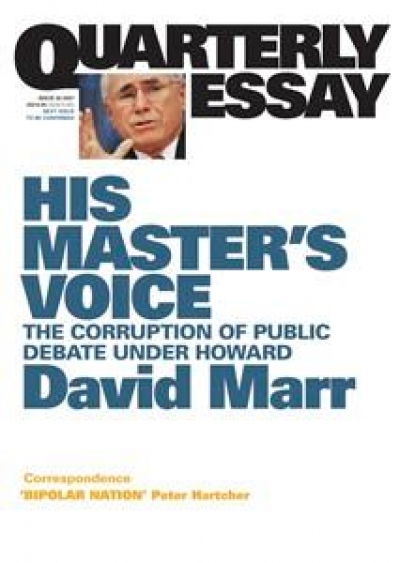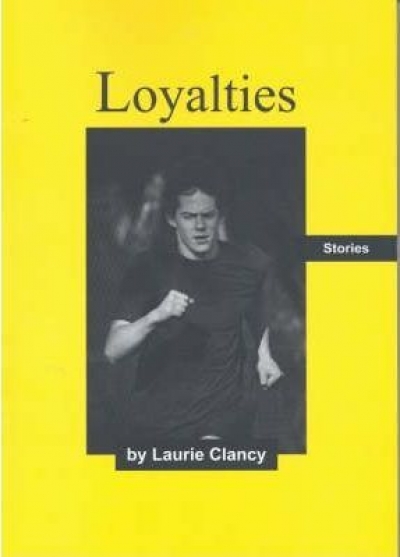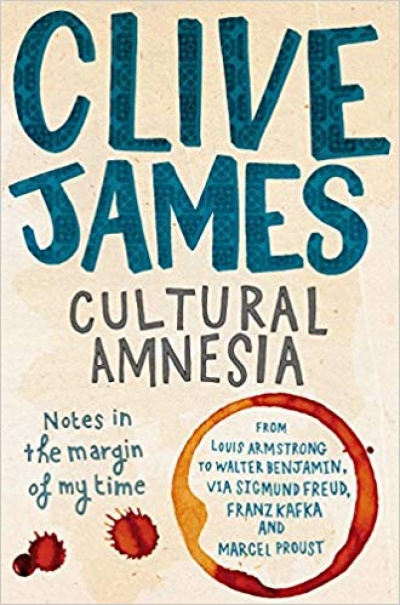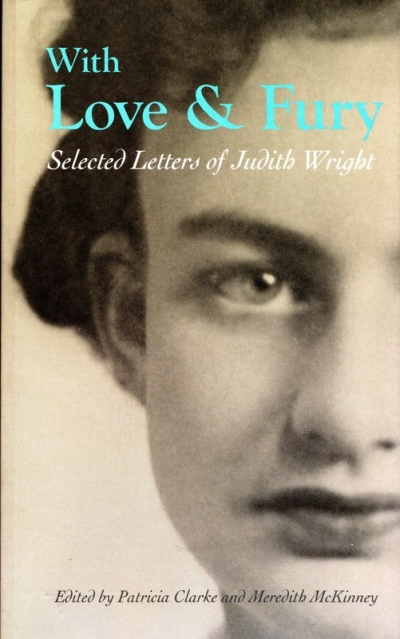Archive
Kevin Rudd by Robert Macklin & Kevin Rudd by Nicholas Stuart
by Neal Blewett •
Blast: Poetry and other critical writing, issue 4 edited by Ann Nugent
by Steve Evans •
His Master’s Voice: The corruption of public debate under Howard (Quarterly Essay 26) by David Marr
by Patrick Allington •
Cultural Amnesia: Notes in the margin of my time by Clive James
by Morag Fraser •
Listen, Lesbia!
Surely you can hear.
Shake off that silly hangover
while I part the curtains
just slightly.
Our landlord’s man has let us off this time,
We’re not expelled.
Victorians liked their mortar made with lime,
Our walls have held.
With Love and Fury edited by Patricia Clarke and Meredith McKinney & Portrait of a Friendship edited by Bryony Cosgrove
by Lisa Gorton •

